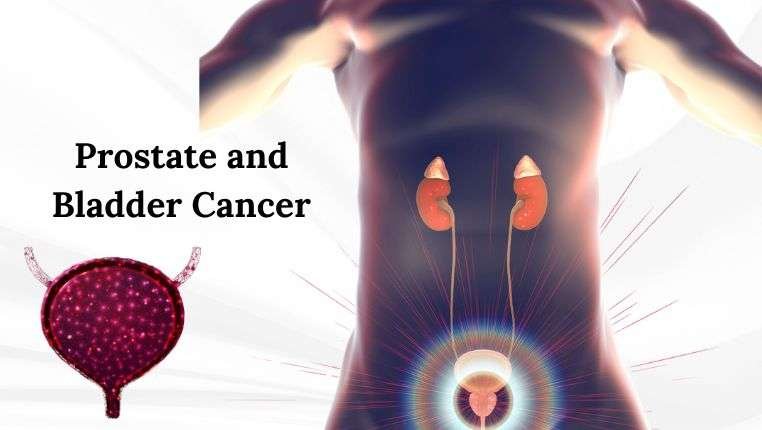Immunotherapy represents a paradigm shift in cancer treatment, leveraging the body’s immune system to recognize and combat cancer cells. This article delves into the intricacies of immunotherapy for prostate and bladder cancer, emphasizing the tumor microenvironment (TME), mechanisms of action, and clinical applications. The discussion extends to inclusion criteria for patient selection, underscoring the potential and challenges of immunotherapy in urological cancers.
INTRODUCTION
Prostate and bladder cancers are significant urological malignancies with distinct responses to immunotherapy. Despite advancements, the complex interplay within the TME poses challenges to effective treatment. Immunotherapy, particularly in bladder cancer, has shown promise, offering new hope for patients resistant to conventional therapies. This article explores the scientific underpinnings of immunotherapy in these cancers, focusing on the TME, immunological mechanisms, and clinical implications.
The Tumor MICROENVIRONMENT in Prostate and Bladder Cancer
The TME is a dynamic ecosystem comprising cancer cells, immune cells, and other stromal components that modulate tumor progression and response to therapy. In prostate cancer, the TME is often immunosuppressive, characterized by a lack of T-cell infiltration and an abundance of myeloid-derived suppressor cells (MDSCs) and regulatory T cells (Tregs), which hinders effective immunotherapy. Conversely, bladder cancer exhibits a more immunogenic TME, with higher T-cell presence and responsiveness to immunotherapeutic interventions.
MECHANISMS of ACTION of Immunotherapy Immunotherapy strategies, including checkpoint inhibitors, cancer vaccines, and adoptive cell therapies, aim to overcome the immunosuppressive barriers of the TME.
Checkpoint inhibitors target inhibitory pathways, such as PD-1/PD-L1 and CTLA-4, to restore T-cell activity. Cancer vaccines prime the immune system against tumor antigens, while adoptive cell therapy involves the infusion of activated T-cells into patients. These approaches seek to enhance the immune system’s ability to detect and destroy cancer cells.
Practical Clinical APPLICATIONS
Immunotherapy has reshaped the treatment landscape for bladder cancer, with checkpoint inhibitors approved for patients with advanced disease. In prostate cancer, the efficacy of immunotherapy has been limited, but ongoing research and combination therapy trials hold promise. Clinical application involves careful patient selection, monitoring of immune-related adverse events, and management strategies to mitigate these effects.
SELECTION Criteria for immunotherapy

The selection of patients for immunotherapy involves evaluating tumor characteristics, previous treatments, and biomarkers indicative of immunogenicity, such as PD-L1 expression and tumor mutational burden. For bladder cancer, patients with advanced or metastatic disease resistant to platinum-based chemotherapy are prime candidates for checkpoint inhibitors. Prostate cancer patients with metastatic castration-resistant prostate cancer (mCRPC) may benefit from immunotherapy, particularly in the context of clinical trials exploring novel agents and combinations.
CHALLENGES and future directions
The heterogeneity of the TME and the evolution of resistance mechanisms pose significant challenges to the effectiveness of immunotherapy. Future research is directed towards understanding the molecular and cellular dynamics within the TME, identifying predictive biomarkers for response, and developing combination therapies that can overcome resistance to improve patient outcomes.
CONCLUSION
Immunotherapy offers a promising avenue for the treatment of prostate and bladder cancers, albeit with distinct challenges and levels of efficacy. Understanding the role of the TME and advancing clinical research is imperative to harness the full potential of immunotherapy. Through the integration of biomarkers and molecular profiling, personalised medicine will be crucial in optimizing treatment strategies and improving the prognosis for patients with these urological malignancies.
This article synthesizes current knowledge and emerging research on the application of immunotherapy in prostate and bladder cancers, highlighting the crucial role of the TME, mechanisms of action, clinical applications, and patient selection criteria. The evolution of immunotherapy in urology necessitates a multidisciplinary approach, combining insights from oncology, immunology, and molecular biology to pave the way for more effective and targeted cancer treatments.

